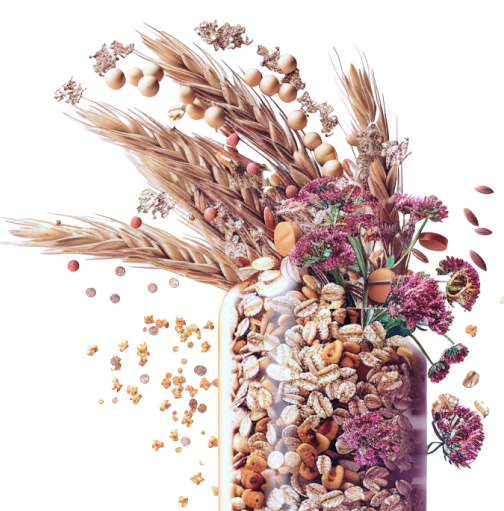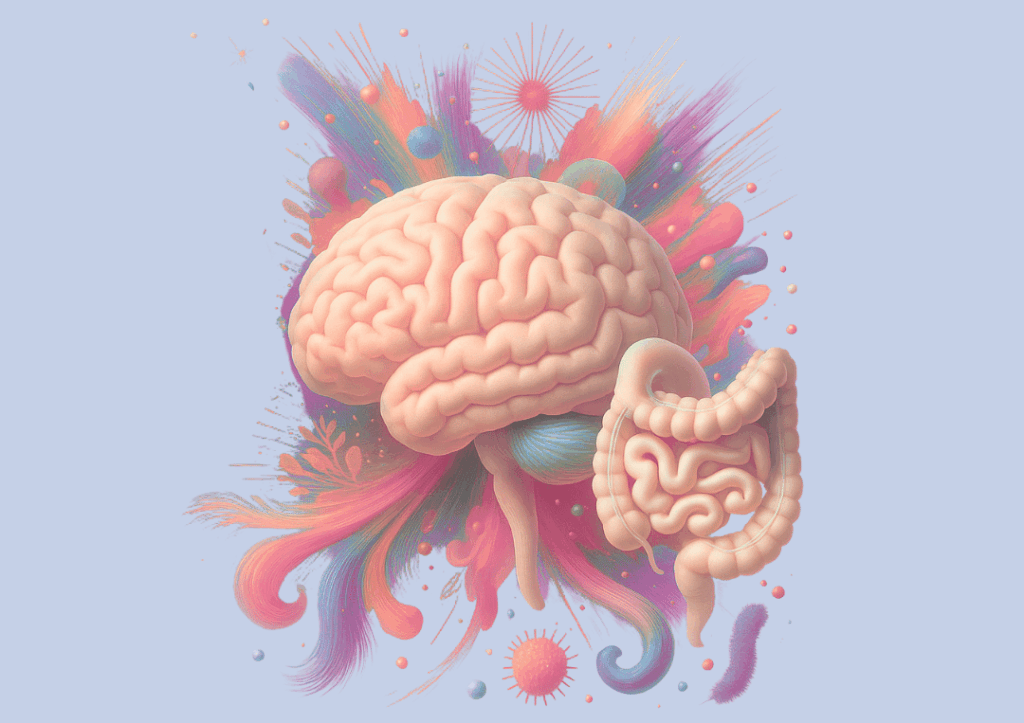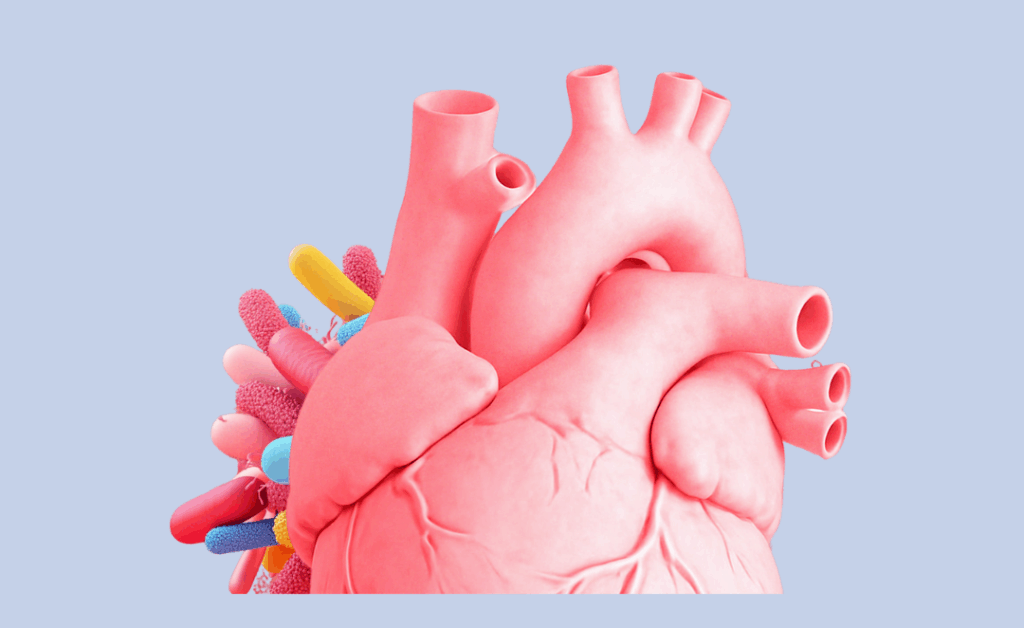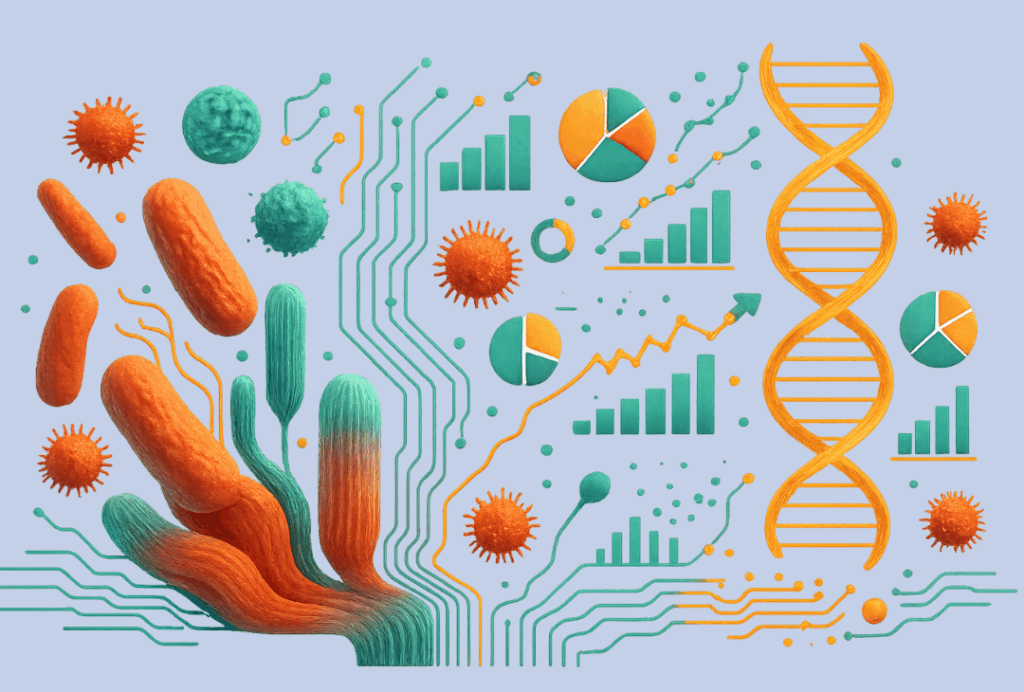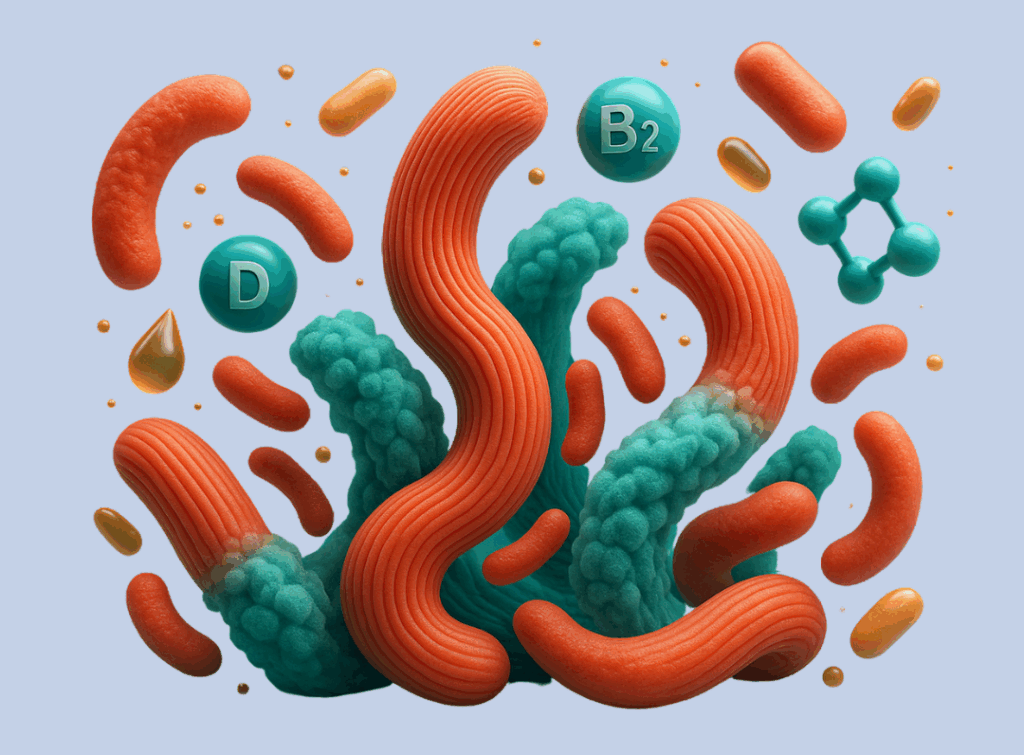What is gluten?
Gluten, a complex of storage proteins found in wheat and other cereal grains, can be considered a double-edged sword. While it lends a desirable structure to baked goods, it’s also the reason behind a growing number of health issues. In the human gut, gluten is broken down into proline and gluten-rich peptides, which can trigger immune responses leading to conditions like celiac disease, wheat allergy, and non-celiac gluten sensitivity.
The Role of Gluten-Digesting Bacteria
In the case of gluten, the peptides must be further broken down by enzymes to reduce their potential to cause harm. Unfortunately, due to its high proline content, the human digestive system struggles to fully break down gluten into harmless peptides.
However, there is nothing to be alarmed about. Research has shown that several bacteria can potentially degrade gluten from thousands of bacterial species inhabiting the human digestive tract. A healthy microbiome composition could modulate the symptoms of gluten-related diseases. Gluten-digesting bacteria, or glutenase-producing bacteria, can produce enzymes known as proteases, which cut gluten proteins into smaller bits.
Meet the stars of the show: Lactobacillus and Bifidobacterium
Overall, 60% of the bacteria identified for gluten degradation were lactobacilli. Because of their auxotrophy for numerous amino acids, lactobacilli hydrolyze proteins through the action of their proteolytic system to get the amino acids required for their growth. Lactobacilli mainly produce cell wall-attached exopeptidases that are relatively inefficient in eliminating gluten and gluten-derived peptides. However, L. helveticus possesses serine endopeptidases from the subtilisin family, which break down larger proteins into oligopeptides transported into the cytoplasm. Once internalized, these peptides are further degraded into amino acids by numerous internal peptidases, the composition of which varies depending on the species. However, no single Lactobacillus strain possesses all the peptidases required to degrade toxic gluten oligomers. This means that different strains need to work together to achieve a more complete breakdown of gluten, highlighting the importance of a diverse and healthy gut microbiome.
Bifidobacterium strains such as Bifidobacterium longum and Bifidobacterium bifidum are also essential in the fight against gluten toxicity. These strains can assist in the proteolysis of intact gluten proteins, including gliadins and glutenins, forming different peptide patterns. This process shows a significant reduction in cytotoxicity and proinflammatory response in intestinal epithelial cells compared to the traditional immunogenic gluten peptides.
What does this mean for us?
Research has indicated that the microbiome’s role in gluten digestion and immune modulation is crucial. The development of gluten-related health issues likely involves a combination of genetics and microbiome composition. Alterations in the microbiome, whether due to mode of birth, antibiotic use, or diet, can impact the likelihood of these conditions. Given the intricate interplay between genetics and the microbiome, interventions such as probiotics show promise in managing symptoms and potentially altering disease progression. Research efforts have been intensifying to deepen our understanding of these topics. Meanwhile, maintaining a diverse and balanced diet remains a practical step for promoting a healthy gut microbiome and potentially reducing the impact of gluten-related health issues.
References:
Viia Kõiv, & Tanel Tenson. (2021). Gluten-degrading bacteria: availability and applications. Applied Microbiology and Biotechnology, 105(8), 3045–3059
Castilho, E., Franciele Grego Esteves, Aparecido, R., Peres, C., Ferreira, A., Iran Malavazi, Mario Sergio Palma, & Edson Rodrigues-Filho. (2020). Digestion of Intact Gluten Proteins by Bifidobacterium Species: Reduction of Cytotoxicity and Proinflammatory Responses. Journal of Agricultural and Food Chemistry, 68(15), 4485–4492
